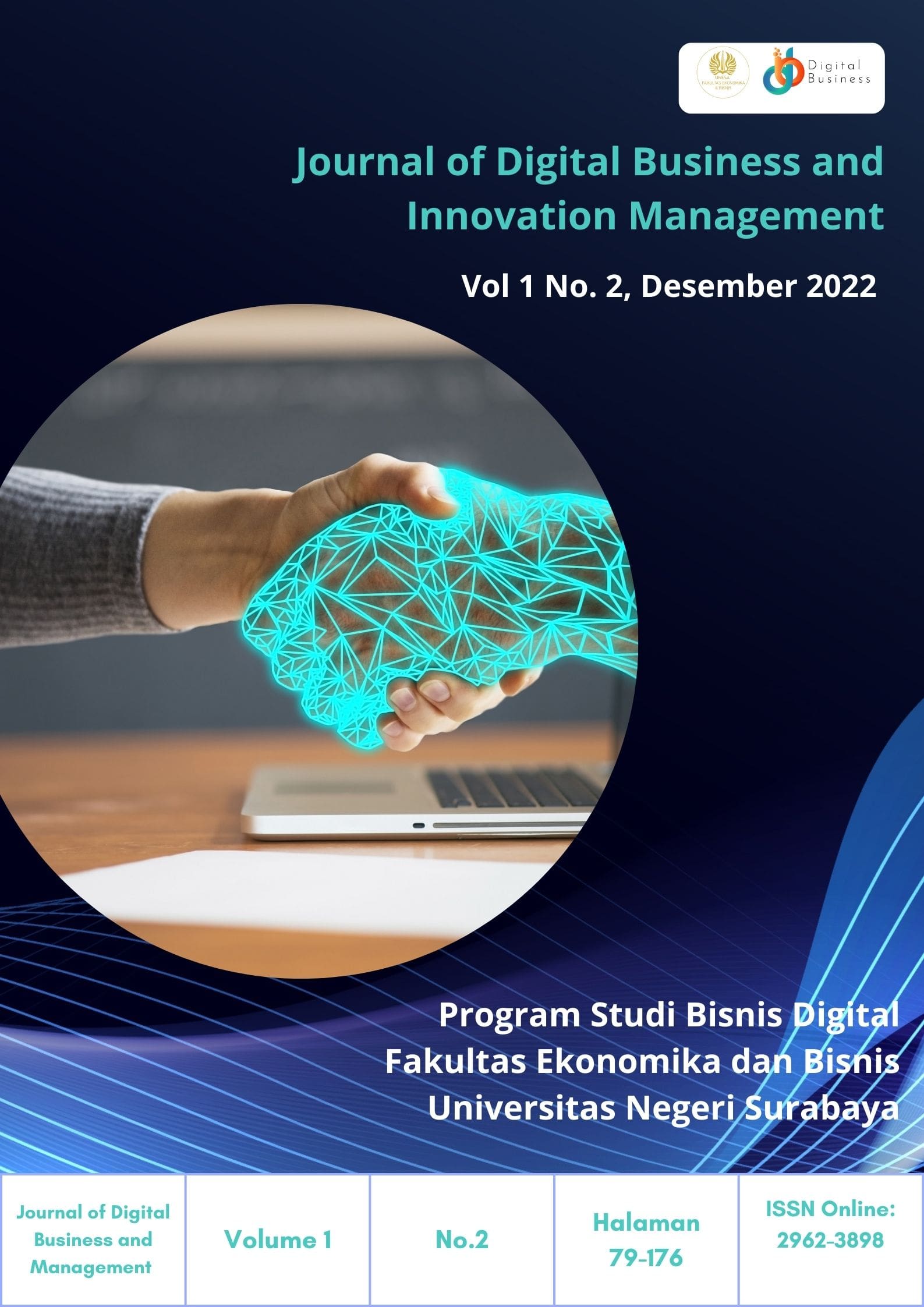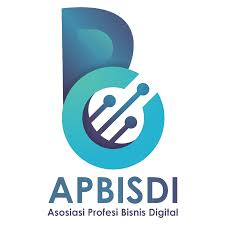E-COMMERCE PLATFORM AS A HALAL LIFE STYLE ECOSYSTEM INNOVATION OF THE MAQASHID SHARIAH APPROACH
DOI:
https://doi.org/10.26740/jdbim.v1i2.50498Keywords:
e-commerce platform, maqashid sharia, halal lifesyle ecosystemAbstract
Information technology in the current era of globalization has a significant and positive impact on several business actors to produce and market halal lifestyle goods and services for a wider scale and market reach. The presence of information technology has created many business opportunities to introduce a halal lifestyle. In fact, the internet is very instrumental in these significant changes, especially in the process of transforming business towards digitalization. This condition decreases the cost of interaction and transformation and increases the amount of revenue. Interaction activities become easier because there is no need to be physically present or in person. In addition, it will bring up more alternative and cheaper options for achievement and wider opportunities. Online platforms such as sharia e-commerce can be used to meet sharia-based needs as well as achieve the goals of maqashid sharia and as a means of education to find out about the world's economy. Therefore, the researcher made a topic about sharia e-commerce innovation with halal products and education on the international level so that they can compete fairly with sharia principles. There is an e-commerce regulatory body so that nothing happens, such as selling goods that are not allowed. religion and do not commit criminal acts such as usury, cheating and hoarding. With a solution to every problem faced by sharia e-commerce from the seller and buyer side, the maqashid sharia approach will hedge the value of religion, soul, mind, descent, and property. Apart from the specialities, buyers and sellers are entitled to education about the Islamic economy, and updated news around the world is the subject of this qualitative research methodology.
Downloads

Downloads
Published
How to Cite
Issue
Section
 Abstract views: 593
,
Abstract views: 593
, PDF Downloads: 506
PDF Downloads: 506






